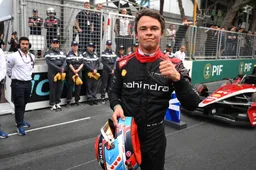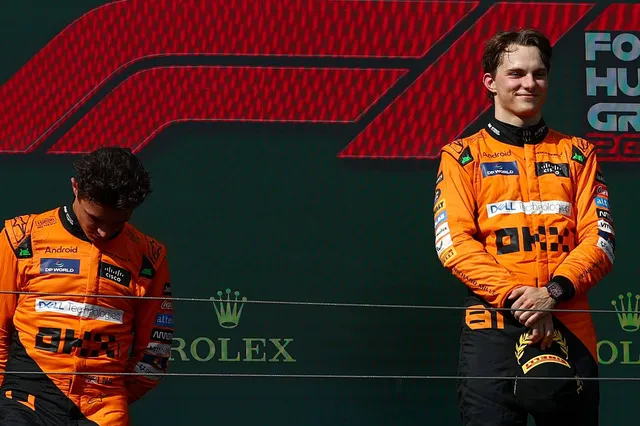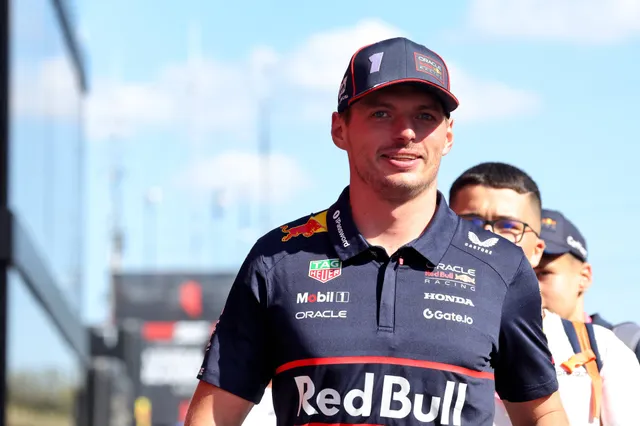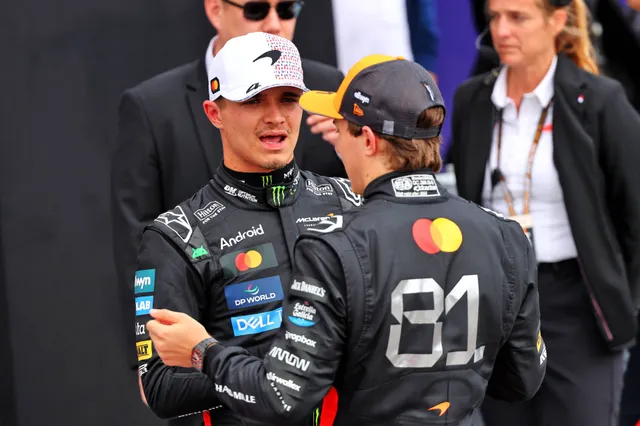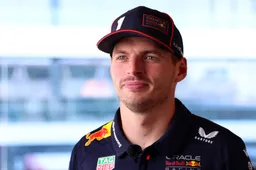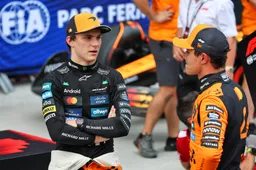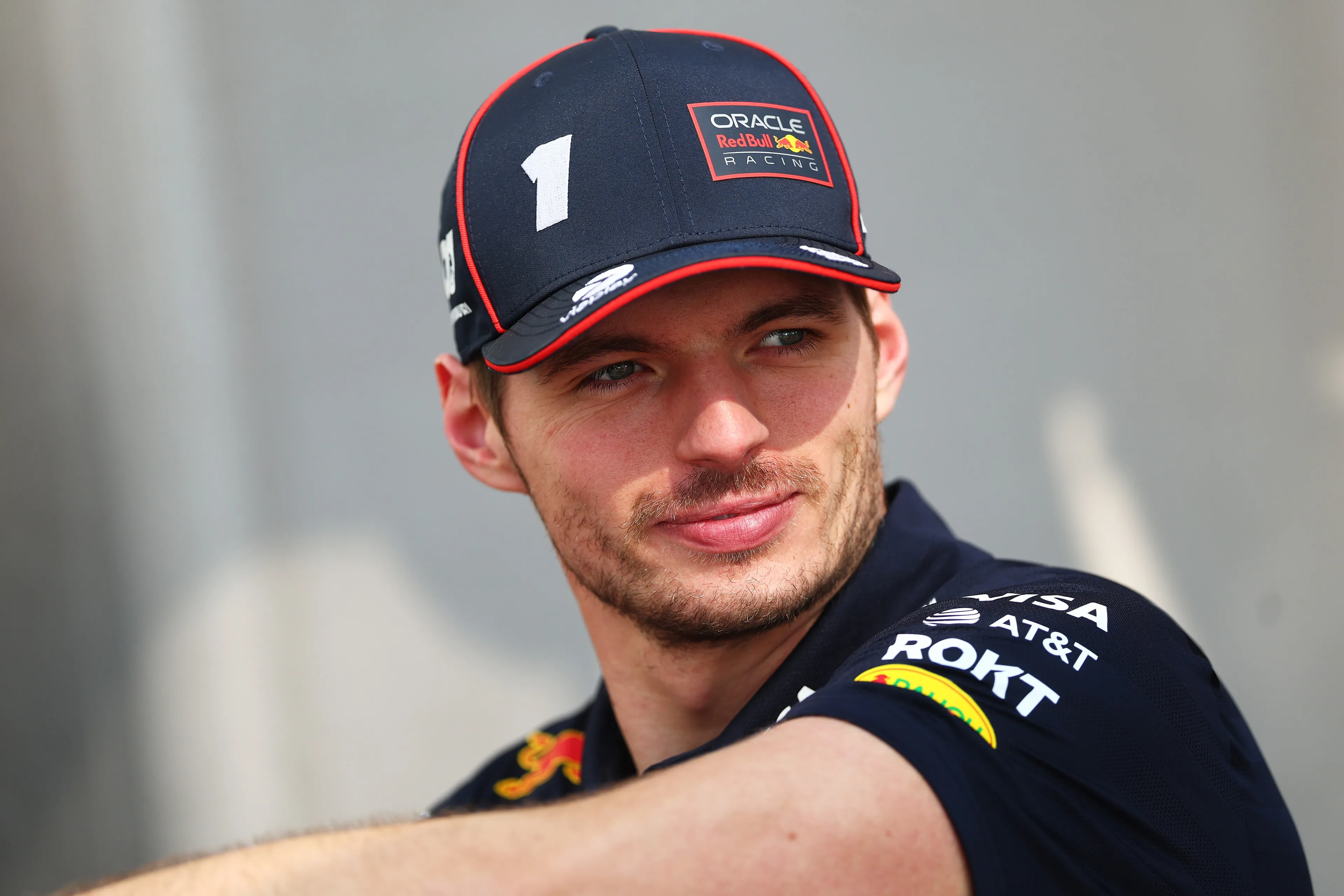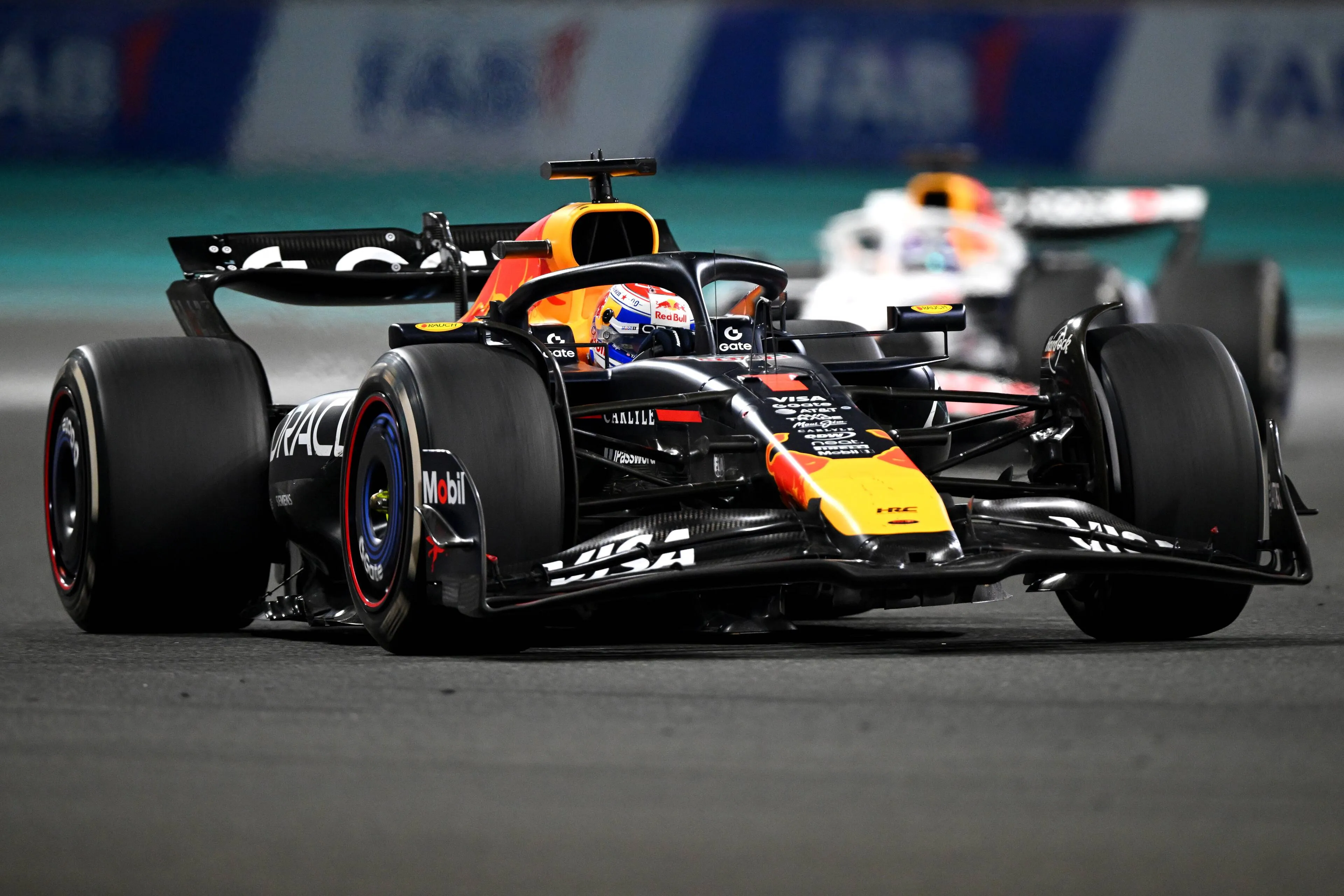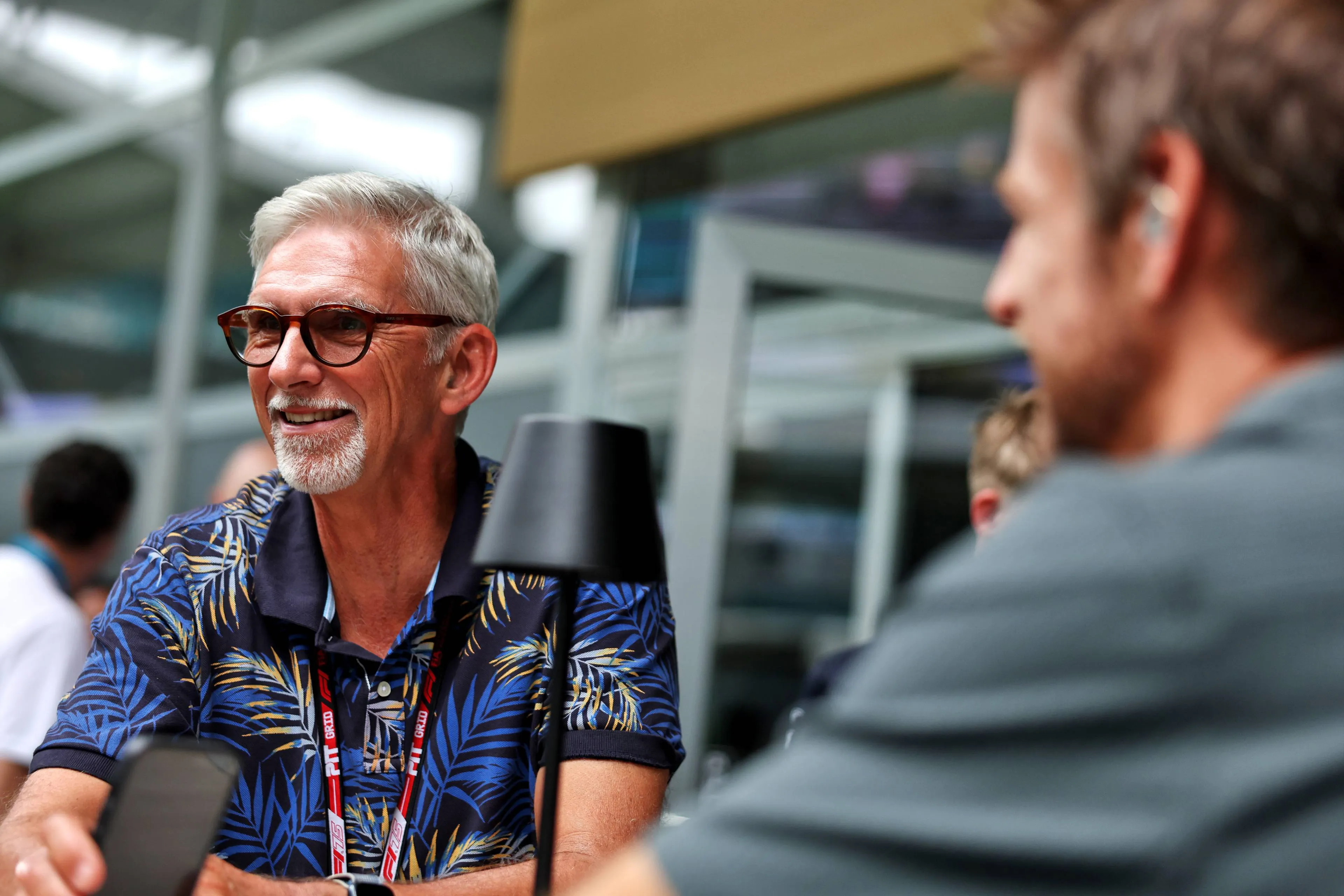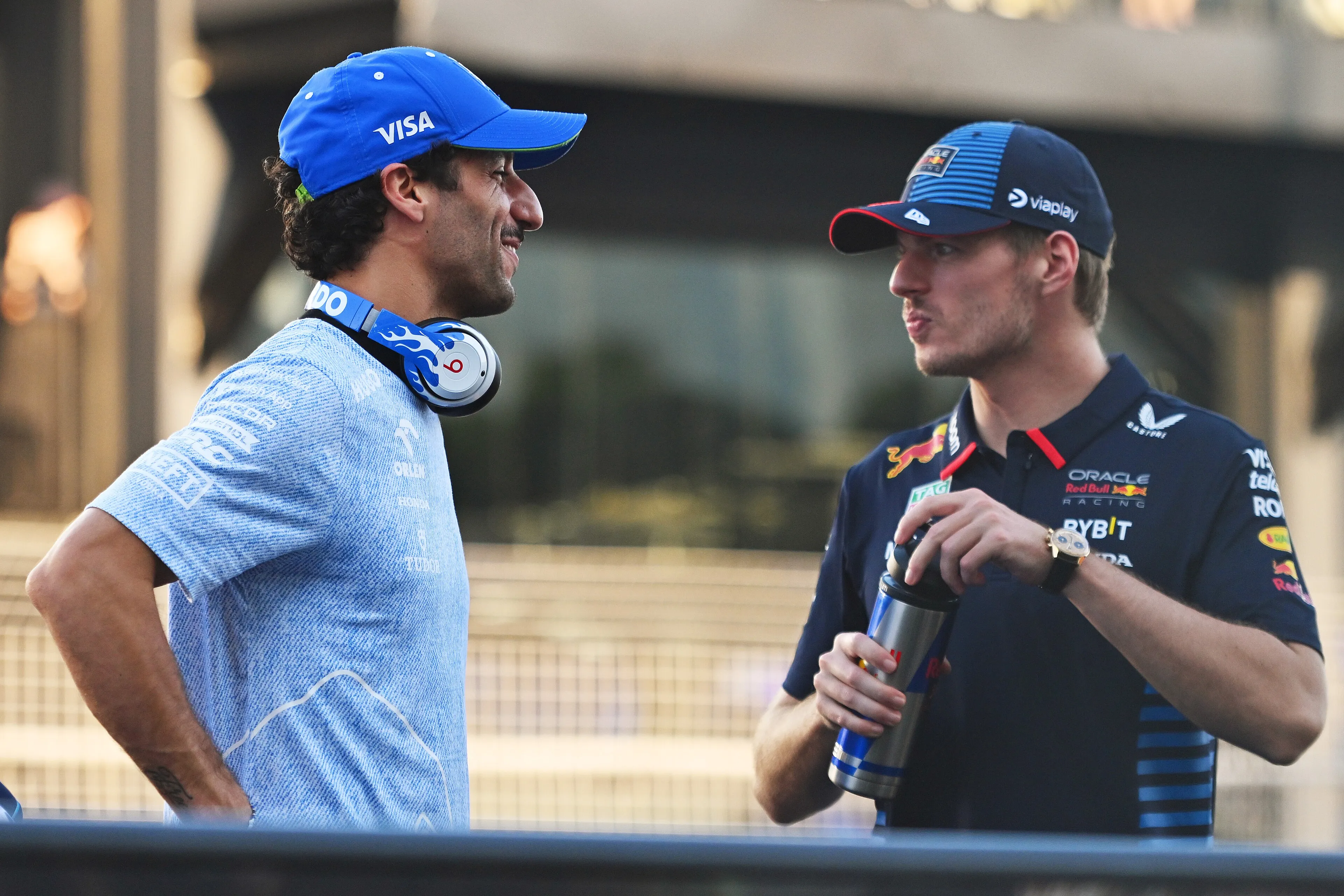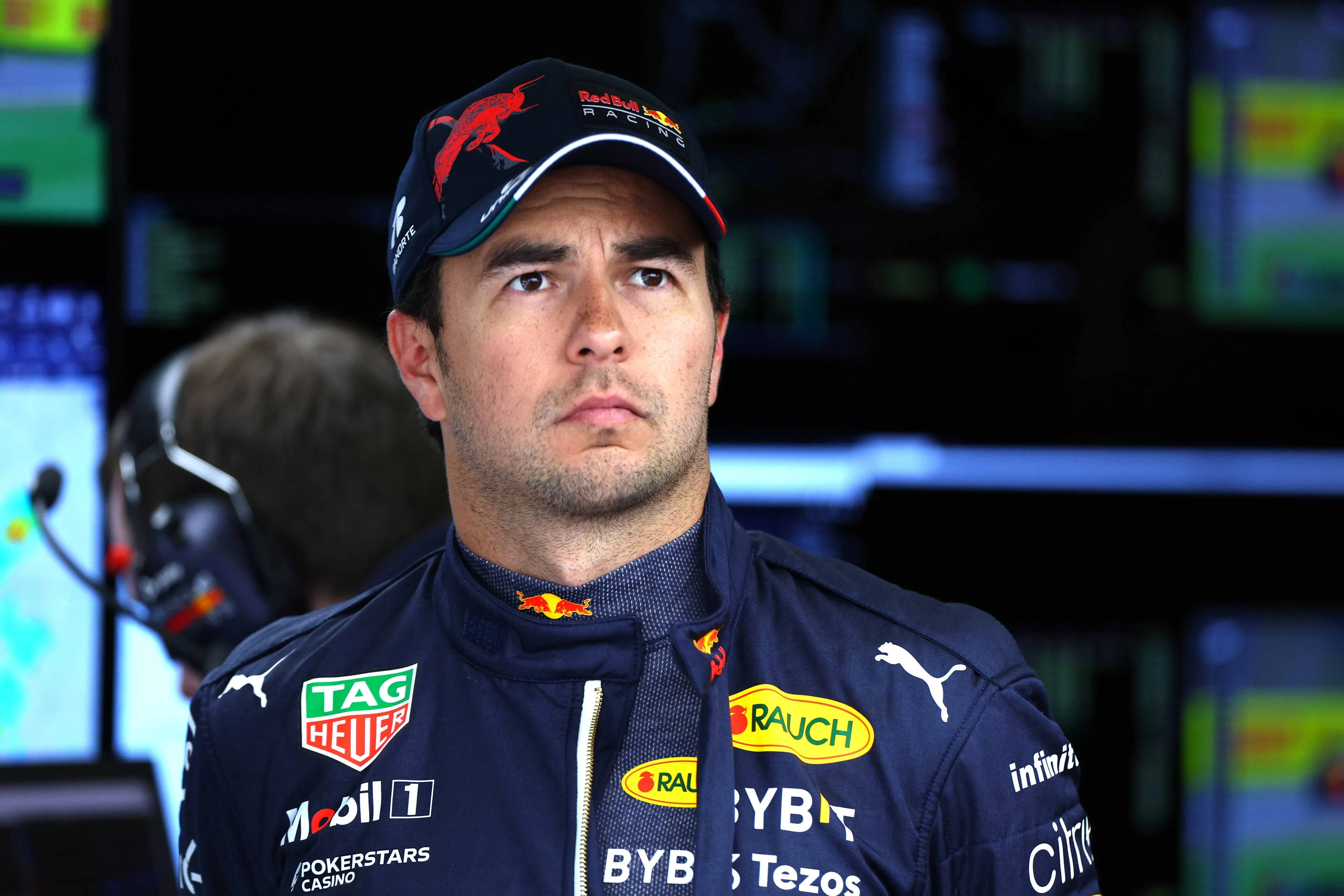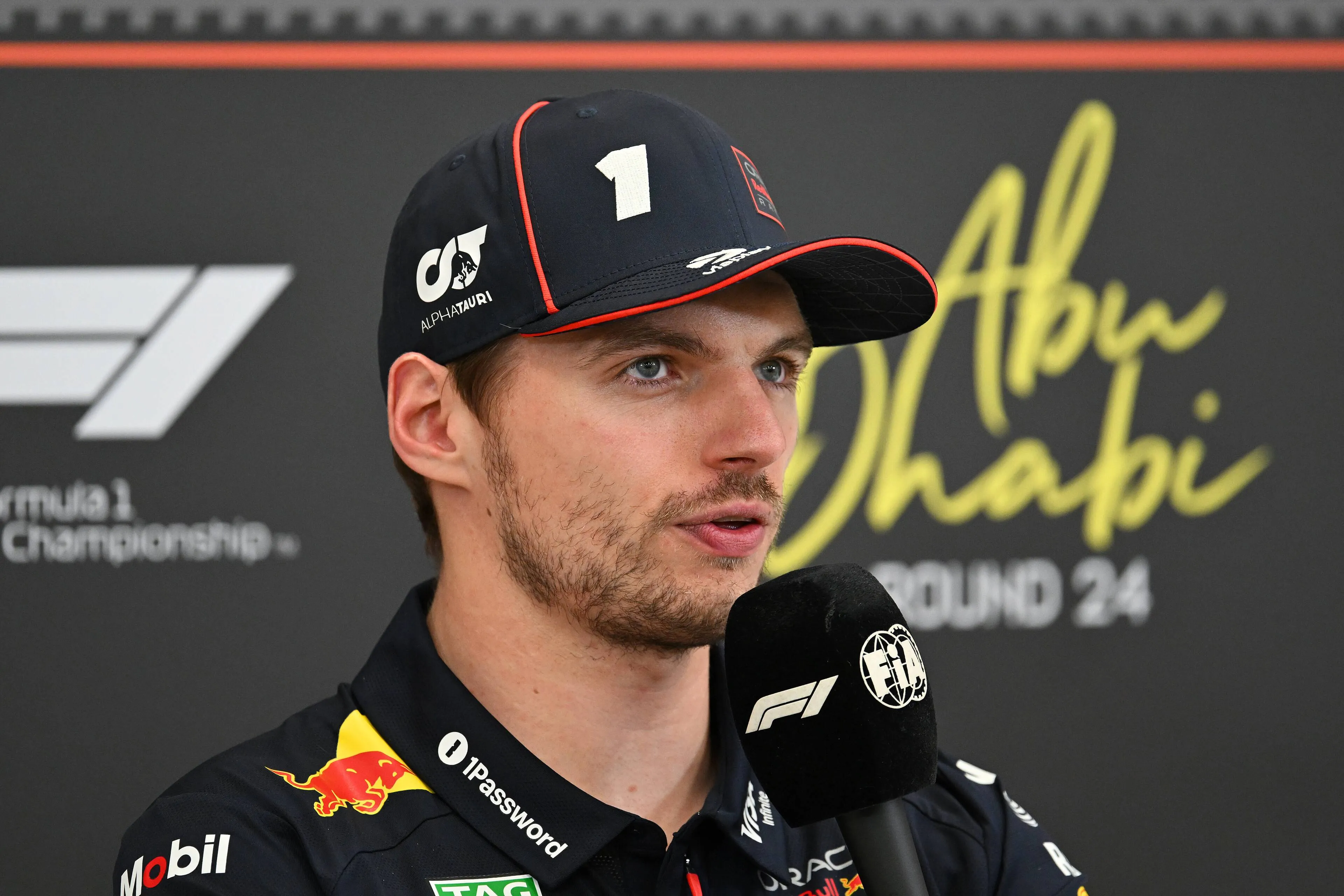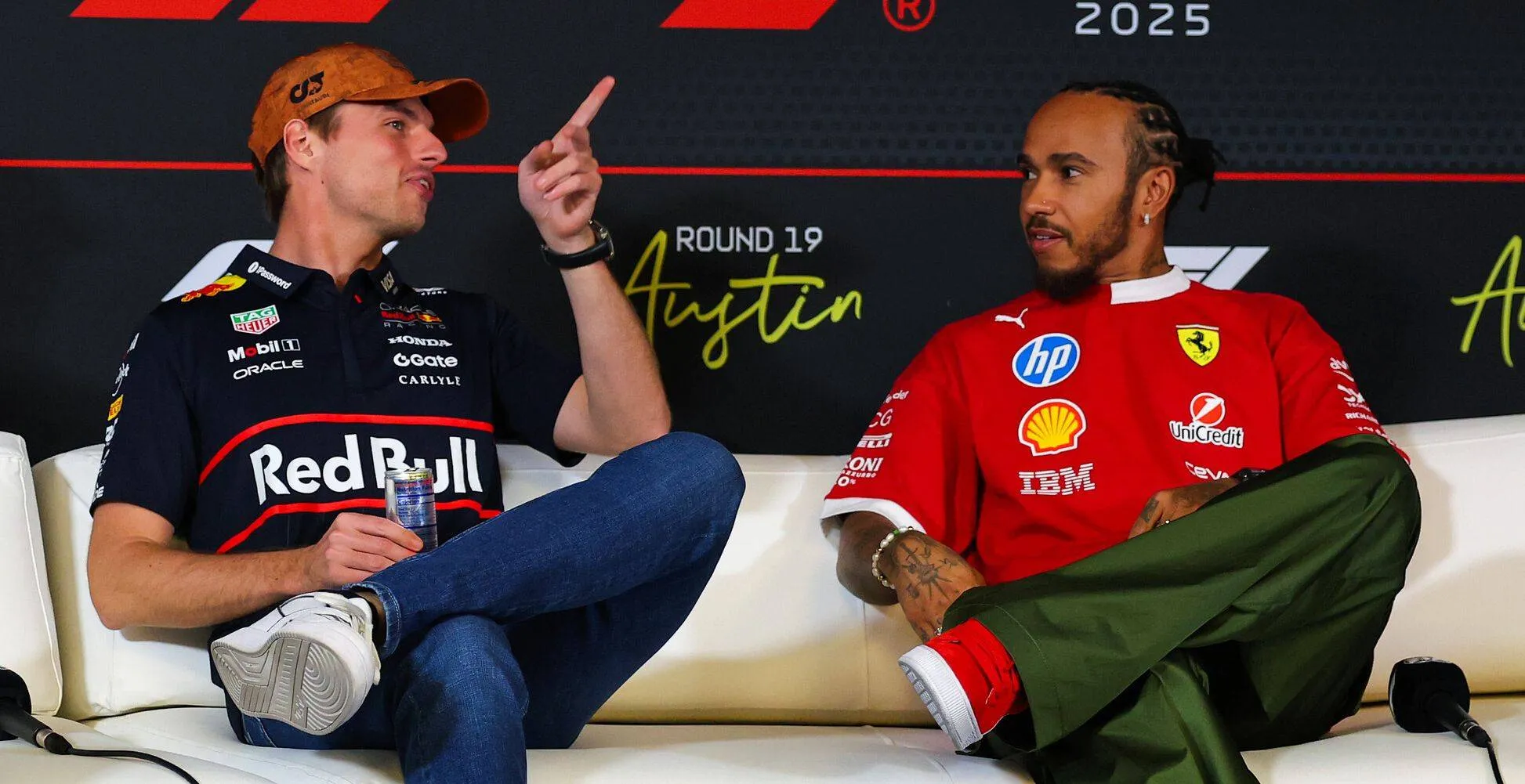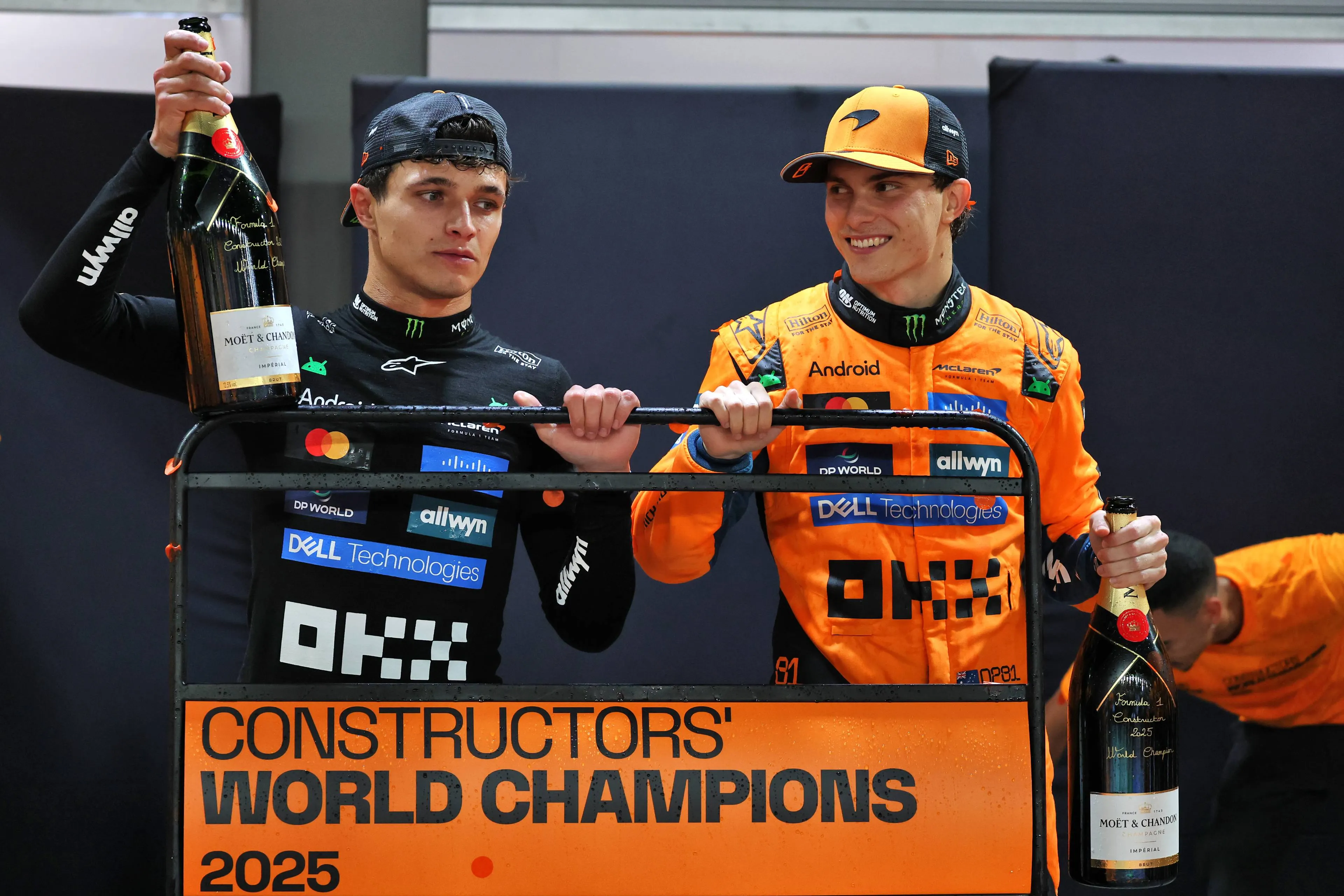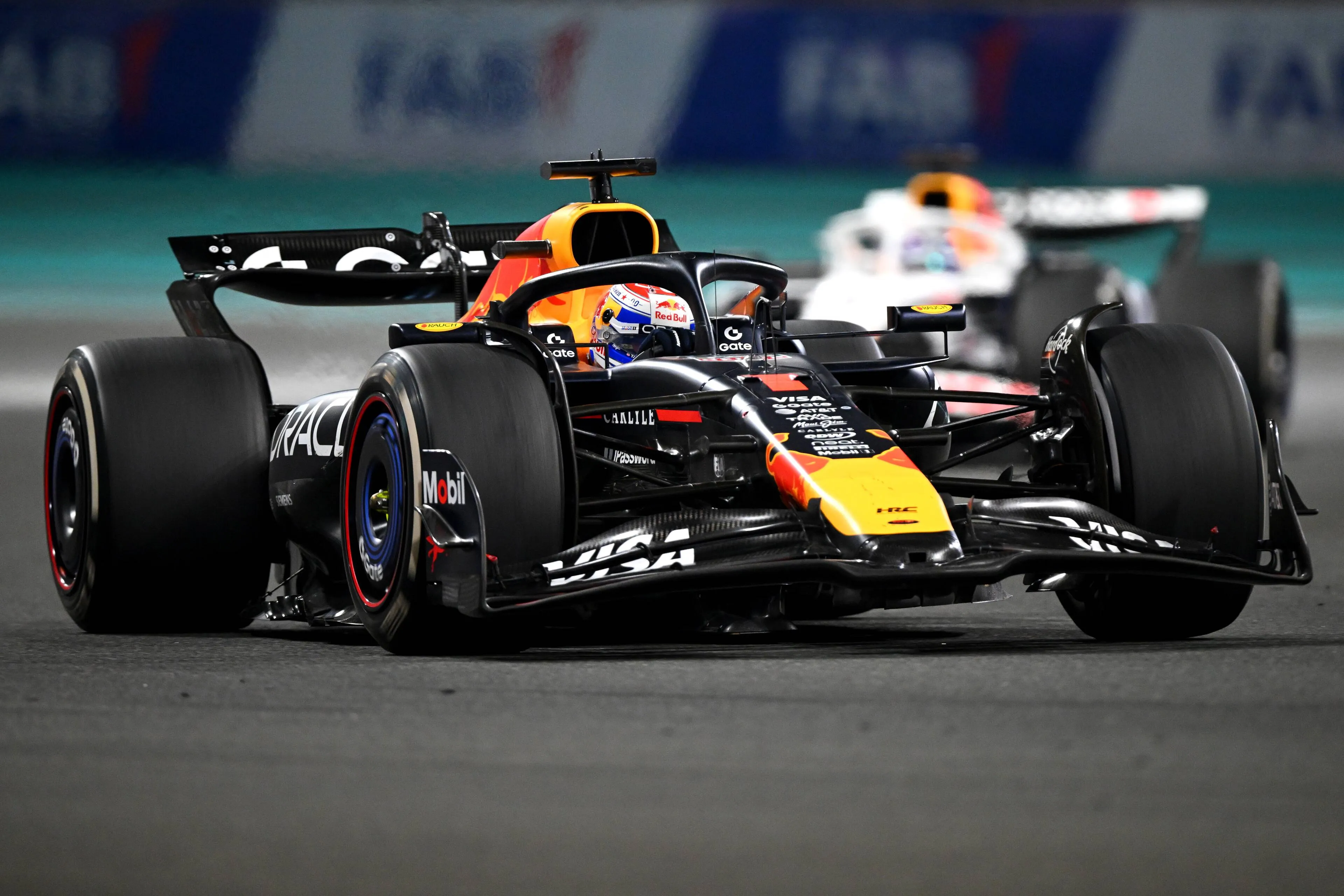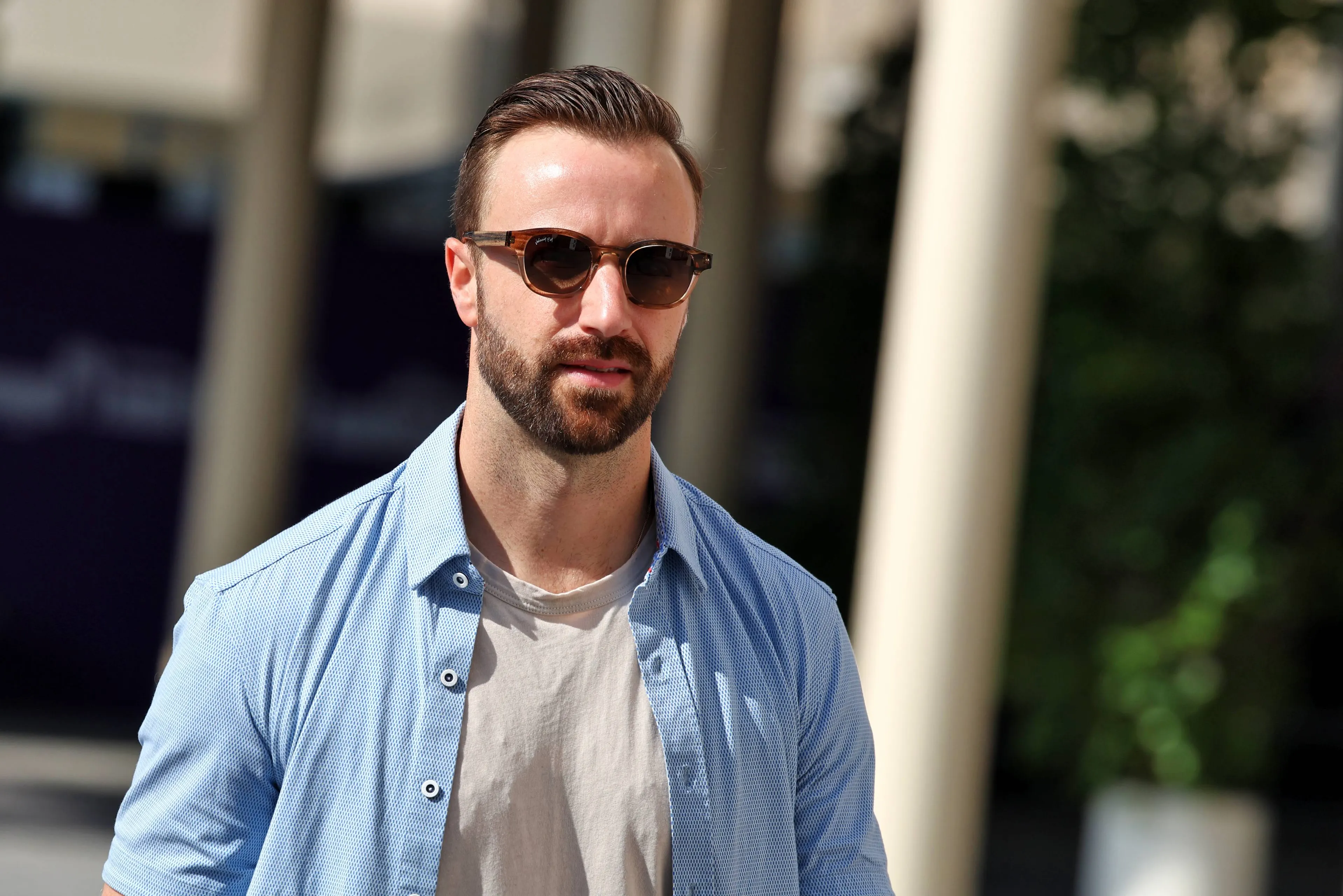
Why James Hinchcliffe never drove in Formula 1 – and is OK with it
For followers of IndyCar, James Hinchcliffe has been a familiar name for many years; first as a six-time race winner, nowadays as a commentator. Formula 1 fans have also embraced the Canadian, with his clear analysis during Grand Prix weekends.
His love for F1 has been there since a young age, as he tells in an exclusive interview with GPblog in Hungary. "Having an English father definitely influenced that a little bit, but even as I got into racing myself and into IndyCar, I mean I was always paying attention. I've been a fan of F1 again for 30 something years now," 'Hinch' (as his nickname goes) begins.
Hinchcliffe's choice: F1 or IndyCar?
When comparing IndyCar and Formula 1, he says: "An F1 car going around the track, is more spectacular, the speed is incredible."
But he also adds: "I think IndyCar from a race perspective can be more entertaining more often than not."
Hinchcliffe made his name as an IndyCar driver and never in Formula 1. That could have been different, as in the distant past he had one opportunity to come to Europe and try to make his way to F1. This was after a good season in the Formula BMW USA series.
"That's the same era when Hulkenberg came through there, Vettel came through there.
"But at the time, that level of the sport is still very far away from being professional.
"And my family and I kind of agreed it was too early to drop out of school to move across.
"And honestly my passion was always IndyCar. I think it was just growing up, having a race in my backyard in Toronto."
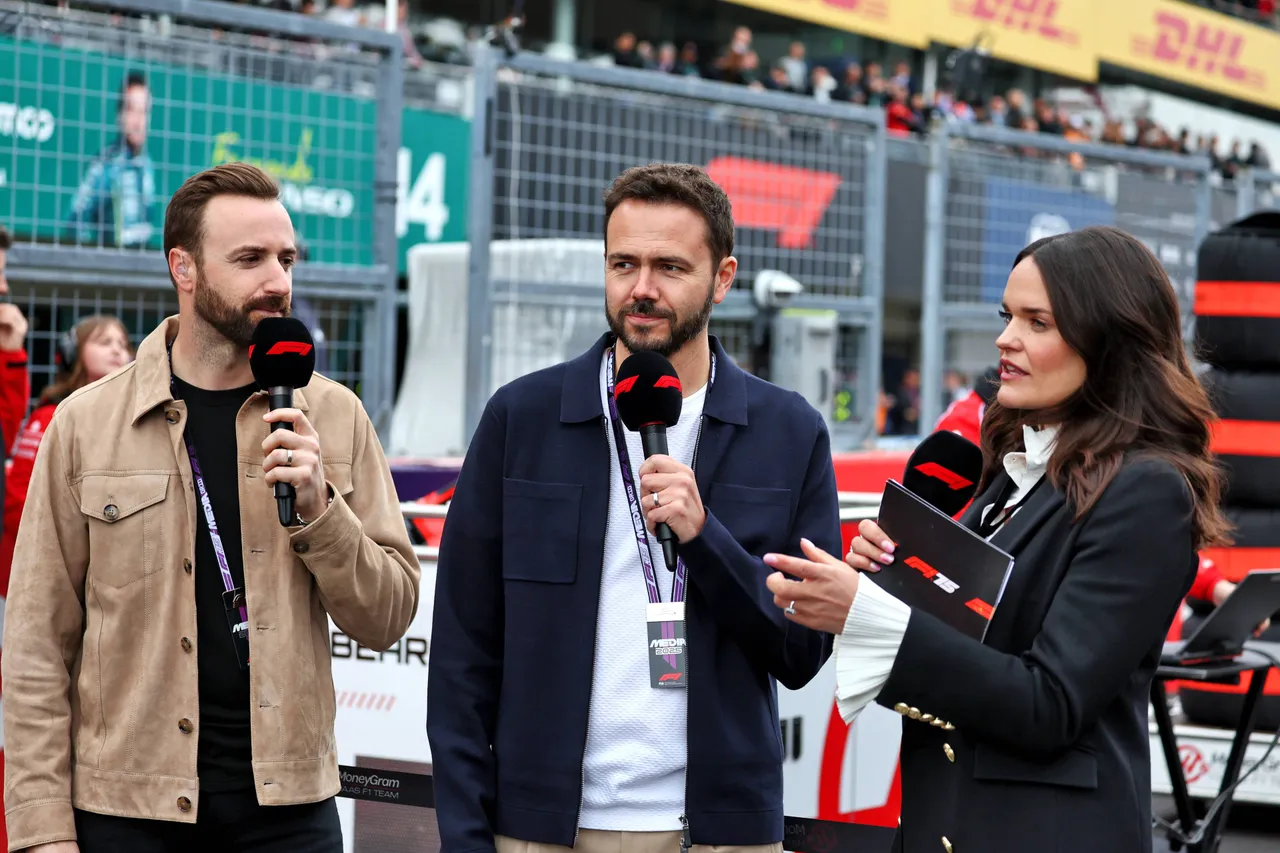
Hinchcliffe did not want to become Hulkenberg
In IndyCar, Hinchcliffe was successful, which is more challenging in Formula 1. As an example, he mentions Hulkenberg, who recently achieved his first podium.
"I raced against Nico. Waking up every Sunday knowing that 10th was a good day. And as a competitor, that was not appealing to me whatsoever."
"I knew that the realistic shot of being in one of the three teams that could fight for wins every Sunday, as a kid from Canada coming over to Europe in his late teens, it's a very long shot.
"So I would rather focus on running in the series where I felt like you could be in contention for a win every week."
In IndyCar, Hinchcliffe had to compete on ovals and not every driver is a fan of driving around at 340 kilometers per hour, with the walls very close. For instance, Max Verstappen once indicated he does not see such races in his future. "The irony is, I bet if Max did it, he would fall in love with it."
Just like Hinchcliffe did, so he says: "I never wanted to do them, I hated them. My hero growing up was Greg Moore, who was killed on an oval and so I had this bad taste in my mouth about oval racing."

Hinchcliffe understands Max Verstappen
In the end, Hinchcliffe had to give in too. "My first year I didn't really understand them that well. I didn't enjoy them that much. But by my second year, it really clicked what oval racing was about, how to get the best out of the car, understanding the race track. Once you understand it all, man, it can be so much fun."
"So I think Max, I get why he doesn't want to do it. The danger factor is something you can't ignore, but it is a lot of fun. When you get over that hump, it's a lot of fun."
Eventually, Hinchcliffe made it to Formula 1 after all, albeit as an analyst and commentator for F1 TV. His presence has increased his own popularity. But especially, in recent years, F1 has grown significantly, particularly in North America.
"You used to never just walk around outside of a race weekend and see Formula 1 merchandise. Shirts, hats, whatever. Now, any city you go to any day you walk around you'll see at least something.
"You'll see a Red Bull hat, you'll see a Lando hat, you'll see something. It has grown immensely."
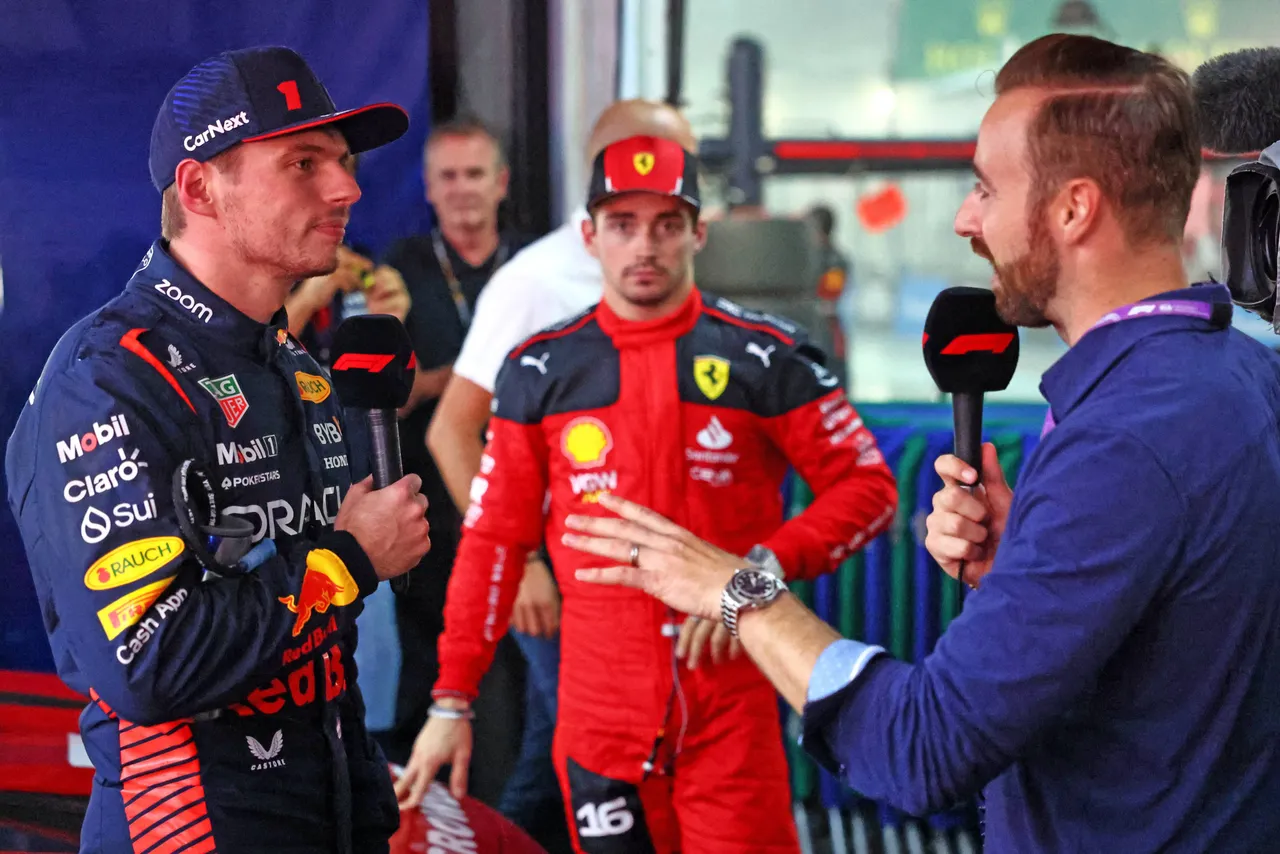
Formula 1 remains hot in the United States
Formula 1 is now a major sport, even in the formerly difficult-to-win America. Whether this will continue in the coming years is hard for Hinchcliffe to predict.
"I thought 2023 would have maybe turned more people off from F1 than it did."
"The popularity, maybe it slowed down, but it didn't stop. So it's tough to tell what the potential is, what the ceiling is for fandom in the US.
"But even if it doesn't grow much more, the base it has is quite strong, and obviously it's a very important market for a lot of the sponsors and the OEMs."
Globally, the fan base has become much more diverse, with many young and female fans, for example, being more interested in the competition.
"The type of content they consume is very different. It's still racing at the end of the day,” believes Hinchcliffe.
"You're always going to appeal to that motorsport fan, but I think the way that the off-track side of it has really grown into part of pop culture, it opens the door to this whole other group of fans that watch for emotional connection to a driver rather than the love of speed and racing."
Read also
Popular on GPBlog
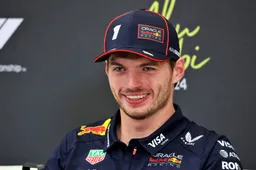
Verstappen rules out Red Bull exit amid clear F1 retirement timeline
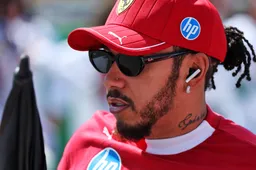
Hamilton backed for eighth title as Andretti refuses to write F1 star off

Trump makes obscene gesture and swears while visiting Red Bull's engine partner
